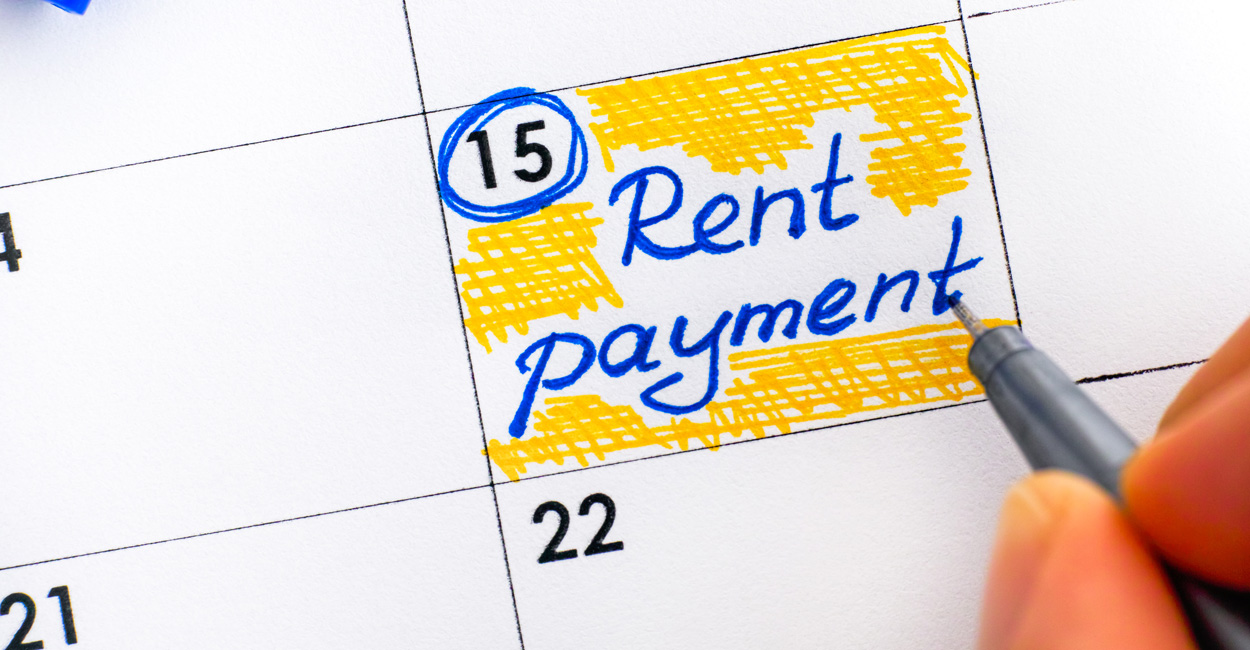COVID-19 has significantly impacted the private rental market, especially regarding how people pay their rent. As of the first quarter in 2021, 11.4% of tenants on average are in rent arrears, a decrease from 13.4% in the second quarter of 2020, according to PayProp’s UK Special Report. Though this has seen some marked improvement, it is still a high figure against the backdrop of the pandemic, where many are still struggling to pay rent.
New government guidelines have arisen regarding rent arrears and tenant evictions, meaning recent changes have been installed from June 1st. If you rent out a property to tenants and find yourself scratching your head over these new changes in legislation, fret no more. We have all the information you need to know about the new rules surrounding rent arrears in the COVID-19 climate. We also have some advice on how to handle tenants in arrears. Read on below for updated information and advice.
From June 1st, you can issue eviction notices and evictions with a reduced notice period

In alignment with reducing notice periods, from June 1st 2021, you must give 4 months’ notice in most cases. These cases include if the tenant has less than 4 months’ rent arrears.
If tenants have broken their tenancy agreement or their case is serious, you can provide a 2 to 4-week notice. Serious cases include:
- Anti-social behaviour.
- Illegal occupation.
- Circumstances involving domestic abuse.
- 6 months owed in rent arrears.
In the case of ‘serious arrears’, where tenants have 4 or more months in rent arrears, the notice period is 4 weeks.
Remember that you cannot evict tenants who have COVID-19 symptoms, tested positive for COVID-19, or have been told to self-isolate. These rules apply to other tenants living within the same property.
From August 1st 2021, eviction notices will reduce to 2 months.
What to keep in mind with tenants and rent arrears

Every tenant’s circumstance is different. Some tenants rely on furlough to pay rent, utilities, and other necessities and may struggle to pay more than others will. Some tenants who are employers may also struggle. From July 1st 2021, as part of phasing out furlough, employers will be asked to contribute 10% to the cost of furloughed employees’ wages.
What you can do to manage tenants and their rent arrears

By speaking to your tenant and understanding their financial situation, you can create a plan for your tenants if they’re struggling to pay rent. The agreement includes a repayment plan in which tenants can pay a decreased form of rent or agree to pay off arrears later.
Take this example. If your tenant missed their rent payment of £700/m, rather than paying the total amount back at once, they could pay back £100/m over seven months. By adding that on top of their regular rent, making it £800/m, they could be out of arrears in 7 months. Again, the circumstances vary, so it’s essential to see what’s achievable for both parties.
By coming to an agreement, it could cost less than renting out the property to someone else. You and your tenants must have a transparent and open conversation as early as possible to find your way forward. Make sure to write down the plan and have both you and your tenants sign it. That way, both parties are clear on what they agree to. And, of course, if there’s a problem sticking to this plan, you and your tenants must discuss this.
This is a difficult time for both those letting properties and tenants alike. For more support and information on rent arrears and letting properties during COVID-19, click here. You can also find a guide for landlords and tenants on managing rent arrears here on GOV.UK.
